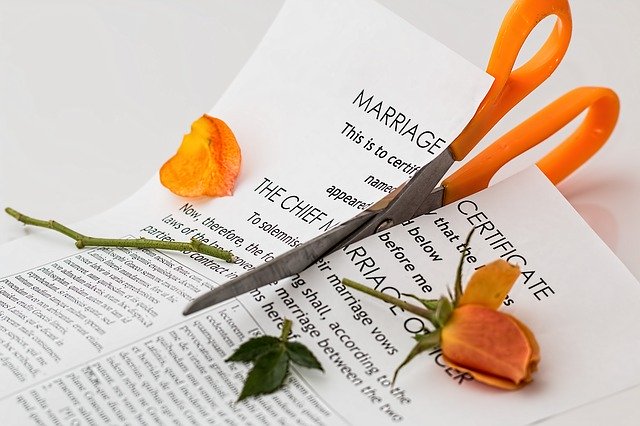A divorce or separation can have a big impact on one’s estate. This article is not exhaustive, so please consult with a lawyer to clarify your own situation. There are a number of different variables that can interact in different ways to produce different results.
It should be noted that all of the scenarios and results discussed below could be altered by the presence of a separation agreement executed by the parties.
Married vs. Common Law Spouses
Married spouses have some rights and obligations that common-law spouses do not. If two individuals are legally married at the time of the death of the first spouse and the deceased spouse did not have a will, then the surviving spouse is entitled to a portion of the estate of the deceased spouse. This is only available for married spouses. Common-law spouses do not have the right to receive any property from a deceased spouse unless they are given the property via the will of the deceased spouse.
Common-law spouses cannot be divorced – once they separate, their relationship is over. If a person neglected to change his/her will after separating from a common-law spouse, any gifts to the former common-law spouse are still valid.
If married spouses are separated but not divorced and one of them dies without a will, then the surviving married spouse will receive either all or a portion of the deceased’s estate (depending on the family structure). If the deceased spouse did have a will, then that will govern the distribution of property from his or her estate. If the will provides for the surviving spouse, then he or she is entitled to receive their bequest(s) in the will, despite being separated from the deceased.

If married spouses get divorced, then the surviving ex-spouse would not receive any of the deceased’s property unless the deceased made a will after the divorce that specifically provided for the ex-spouse.
Any married or common-law spouse who has recently gone through a separation would be well advised to execute a new will.
Jointly Owned Property
If two individuals own property jointly at the time of death of one of them, the survivor will receive the deceased’s entire interest in the property. Joint assets are considered to pass “outside” of one’s estate – i.e. the surviving joint tenant receives the asset even if they are not mentioned in the will or not entitled to receive a portion of the estate on intestacy.
Sometimes spouses neglect to deal with jointly owned property at the time of separation, resulting in an ex-spouse receiving an entire asset upon the death and against the wishes of the other ex-spouse.
This is only a brief overview of some of the estate issues raised by a person’s divorce or separation. If you have specific questions about your situation, our experienced estates lawyers (Robert Martin and Emma O’Donnell) would be pleased to meet with you.


